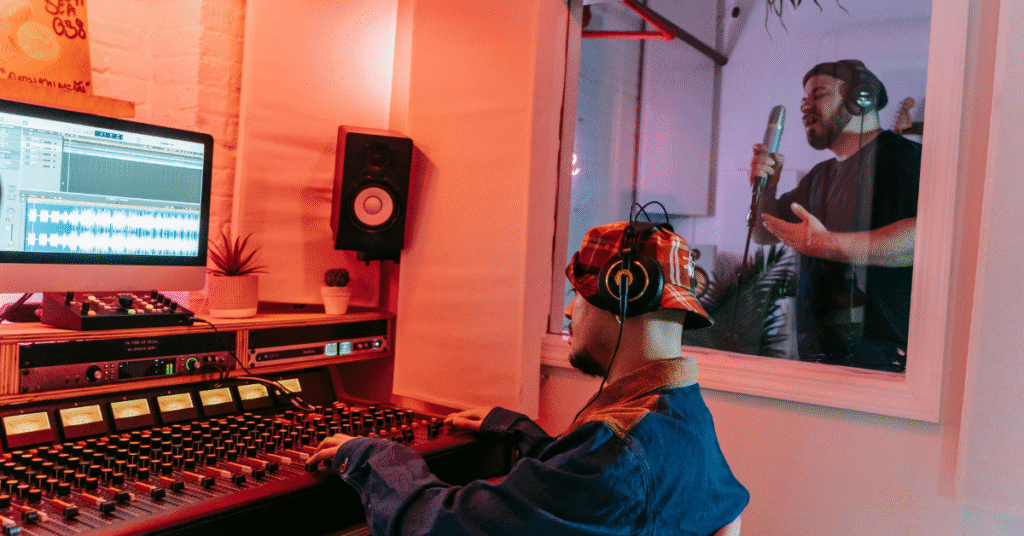Upright Piano: A Complete Guide for Musicians and Beginners
When most people imagine a piano, two main images come to mind: the elegant grand piano and the space-saving upright piano. While the grand piano often takes center stage, this piano retains its unique charm and practicality. Loved by beginners, hobbyists, and even professionals, upright pianos have carved out a respected place in music history.

In this article, we’ll take a closer look at what makes upright pianos so special, their advantages, and how you can choose the right one for your musical journey.
What Is an Upright Piano?
The upright piano is a vertical piano in which the strings and soundboard stand upright, making it compact and easy to fit into small spaces. Unlike the grand piano, which extends horizontally, this piano’s vertical design allows it to deliver powerful sound while saving floor space.
This design gained popularity in the late 19th century, when families sought a piano that fit into their homes without the bulk of a grand piano. Since then, it has become a go-to choice for music schools, homes, and even small performance spaces.
Why Choose an Upright Piano?
Many musicians, especially beginners, often ask why they should choose this piano over other types. Here are some key reasons:
1. Space-Friendly Design
One of the biggest advantages of this piano is its small size. It easily fits into apartments, small studios, or classrooms, making it perfect for modern living spaces.
2. Affordability
Compared to grand pianos, upright pianos are more affordable. This makes them accessible for beginners or families who want to introduce music without a massive investment.
3. Durable and Reliable
These pianos are built to last. With proper care and regular tuning, they can last for decades of faithful use.
4. Great for Learning
Many music teachers recommend this piano for beginners. They provide an authentic piano experience with heavy keys and natural sound, helping students develop strong technique.
You can check here for more information. What is an upright piano
Upright Piano vs. Digital Piano
Some beginners are confused about whether they should choose this piano or a digital piano. While digital pianos offer portability and features like headphone practice, upright pianos bring unmatched acoustic richness. If you want the “real” piano experience—feeling the vibration of strings and the depth of sound— this piano is the better choice.
How to Choose the Right Upright Piano
When buying this piano, consider these important factors:
-
Size: different heights (spinet, console, studio, and full upright). Taller pianos usually produce richer sound.
-
Brand Reputation: Well-known brands like Yamaha, Kawai, and Steinway offer excellent quality and durability.
-
Condition: If buying a used piano, check for tuning stability, sound quality, and overall condition.
-
Budget: varies widely in price, so set a realistic budget that balances quality and affordability.
Caring for Your Upright Piano
To keep your piano in top condition:
-
Tune it regularly (every 6–12 months).
-
Avoid direct sunlight or humidity, which can damage wood and strings.
-
Clean keys gently with a soft, slightly damp cloth.
-
Play often, as regular use helps maintain sound quality.
If you want to learn piano chords, you can see here Beginner Chords On Piano: A Simple Guide For New Players
The Role of Upright Pianos in Modern Music
Even in today’s digital age, upright pianos remain highly relevant. They are commonly used in music schools, churches, and recording studios. Their warm, classic tone adds authenticity to many genres, from classical to jazz to pop.
Conclusion
The upright piano is more than just a smaller version of a grand piano—it’s a versatile, reliable, and timeless instrument that continues to inspire musicians around the world. Whether you’re a beginner starting your journey or an experienced player looking for a practical option, this piano can be the perfect companion.
So, if you have been dreaming of playing the piano, consider this piano as your gateway to the beautiful world of music.
FAQ
Q1. Is an upright piano good for beginners?
Yes! These pianos are ideal for beginners as they provide an authentic playing experience with weighted keys and natural sound.
Q3. How often should an upright piano be tuned?
Typically, every 6–12 months, depending on usage and environmental conditions.
If you liked the information, you can comment to us what you want as the next topic.
Hi, I’m Nikhil Farenjiya, a music producer and professional singer with 10 years of experience. I share my knowledge and passion for music through writing to help aspiring artists grow. My blog is dedicated to inspiring and guiding music lovers on their creative journey.


